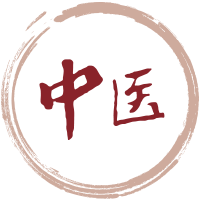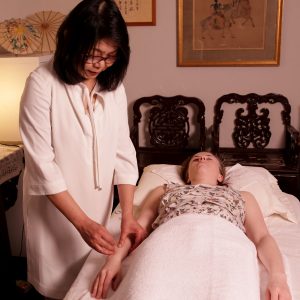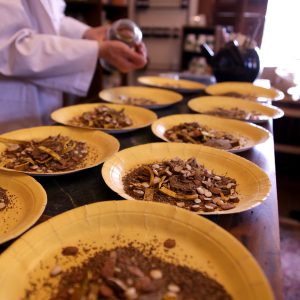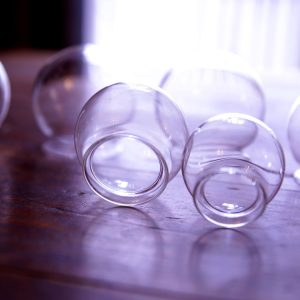
Chinese Dietary Therapy
The science of Traditional Chinese medical dietary therapy involves the understanding the properties of foods and their affects on health as well the use of food for preserving health and preventing and treating illnesses.
The nature of food is defined on the same basis as in Traditional Chinese Medicine. According to the classification of the Dietetic Materia Medica, foods, as with herbal medicines, are grouped by taste. The five principal categories taste are sour, sweet, bitter, pungent and salty. Based on the five element theory, Traditional Chinese Medicine holds that each taste favors an internal organ: sour favors the liver, sweet favors the spleen, bitter favors the heart, pungent favors the lungs, and salty favors the kidney. Generally, each taste has a different impact on the human body.
The nature of food is a fundamental principle in Chinese dietary therapy. Foods are classified into coldness, coolness, warmth, and heat, “the four natures”. In practice, these natures divide into two basic kinds – cold and hot. Regulating the cold and hot of foods is an important aspect of diet regulation practiced by Chinese medical dietary therapy.
Traditional Chinese Medicine believes that health exists when the human body is in a harmonious state. Upsetting the balance of the body results in disease.
Traditional Chinese medical dietary therapy has been in practice for thousands of years in China. Terms most closing representing the concept of dietary therapy are “shi liao” or “shi zhi,” meaning food diet therapeutics. The treatment or therapy study of Traditional Chinese medical dietary therapy includes the following:
Firstly, the investigation of the nature and flavors of food, the combination of therapy with Traditional Chinese Medicine, and the use of food itself to prevent or treat diseases. In Traditional Chinese Medicine, food itself is a remedy. How much and when to take food should be dictated by the nature of the body. Simply speaking, this means eating healthy food in a healthy manner.
Secondly, investigating the curative effects achieved by carefully selecting certain kinds of Chinese medical herbs and adding them to food to complement each other. For instance, rice porridge is considered readily digestible and nutritionally beneficial to many kinds of patients. However, when radix discoreae, poria, or coix seeds are added to porridge, it would have an anti-diarrhea effect because the function of those herbs are used to strengthen the spleen and stomach and improve digestion.
An early medical writer, Sun Ssemiao, wrote in the 6th century that “A true doctor first finds out the cause of the disease, and having found that out, he tries to cure it first by food. When food fails, then he prescribes Traditional Chinese Medicine.” Modern science has only recently realized what has been a part of Traditional Chinese Medicine for centuries – the importance of diet.
We provide TCM treatment for a wide range of conditions.
This list is only an example. Indication of conditions that can be treated is much broader. To set up an appointment please contact us at 651 222-1200.
Chronic and difficult conditions
Arthritis
Fibromyalgia
Skin Conditions
Women's conditions
Infertility
Menstrual Disorder
Menopause
Self Immune Disorder
Crohn's Disease
Lupus
Multiple Sclerosis
Pain Management
Allergies
Asthma
Colds, Coughs, Flu
Chronic Fatigue Syndrome
Depression
Fatigue
Hypertension
Indigestion
Obesity
General Health Maintenance and Stress Management
Stress Management
Pain Management
Digestive disorders
Sports injury
Facial rejuvenation
Difficult and complex cases






